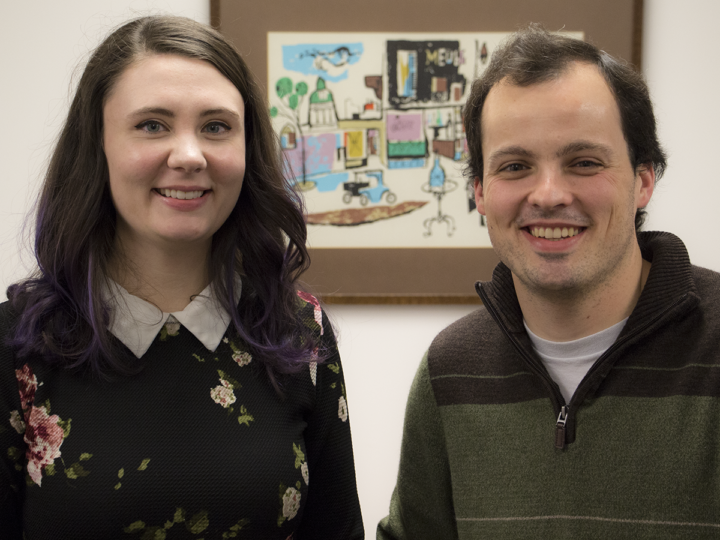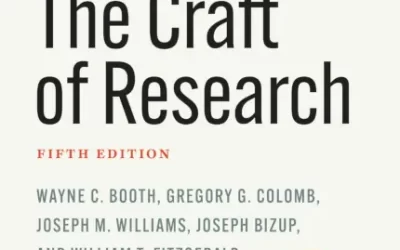
Each month, we will interview one employee to get their opinions on the publishing industry, hear what it’s like to work at Technica, and learn a little bit about them. This month we are interviewing Chris Moffitt, an associate editor and the blog supervisor here at Technica Editorial. He’s a UNC graduate currently finishing his master’s in library science.
How did you get started in the publishing industry? What drew you to working in the publishing industry?
I was a Communications major at UNC, so I went to school because I wanted to write at some point. I began working in a couple different areas of publishing—it didn’t involve writing at first. I worked in radio where we did a lot of interviews and some writing for the radio station’s website. I also worked at a TV station, but we didn’t get to flex any sort of creative muscle. It was mainly doing teleprompters, some camera work, marking scripts for on-air talent, things like that, but I really wanted to get into book publishing because I like books and reading. So I wanted to learn more about the process.
What is your favorite thing about working at Technica?
I would say the people here—it’s a really good place to work. People work very collaboratively at Technica, having to work together and in groups to accomplish what we need to get done. A lot of the publishing industry is complex and there are a lot of moving parts, so I think having a good team like we have here helps the process in a way that I have not experienced at other jobs.
What have you learned about publishing since working at Technica?
That it is a lot more than just writing something and printing it. There is far more that goes into it. There’s multiple rounds of copyediting, multiple content issues, copyrights issues that, while I was aware of them, I didn’t realize how complex they are, as well as how difficult it is sometimes to get things published. There are issues with online versus print—so many variables in the publishing industry you don’t realize until you are actually working in it.
What do you think is a hot topic in publishing right now and how do you think it will shake out? What major changes do you see developing in the publishing industry in the future?
I think access is going to be a big thing. Open access, especially in scientific journals, is emerging as one of the biggest topics right now. Whether you have to pay to access articles, how journals are adapting to the digital environment. It’s a balancing act between print and online, not just for scientific journals but also for books. Presses have to figure out how much to invest in a book versus just publishing something online, so I think moving forward that’s going to be a big issue.
What do you like doing when you aren’t at work?
I like to be active, I go to the gym quite a bit. I used to run a lot—I don’t as much anymore, but I’d like to get back into it. I do quite a bit of cycling, and I’d like to do other outdoor activities like kayaking. I really like movies and TV. I consider myself a film buff—I was a screenwriting minor in college so I know a lot of useless facts about movies that people don’t need to know and don’t want to know. And I would like to expand that useless knowledge!
What’s your favorite book or the best book you have read recently?
I like tragedies that have an upbeat nature, so probably my favorite book I’ve ever read is Of Mice and Men. I remember reading it in high school and it was the only book during that time that made me cry. I formed a real emotional attachment to the characters and so I compare all other books I read to that one, in terms of gripping me. The most recent book I read that I really enjoyed was The Casual Vacancy, which I read last year. A lot of people didn’t like it, but I remember reading the last 100 pages in one sitting because I couldn’t stop. It had a lot of great human elements to it. It made me cry, but it was also just really well written.
If you could give one editing tip to people, what would it be?
Proofread, proofread, proofread. Have friends and family edit your work, don’t just rely on yourself. Extra sets of eyes always help. That’s part of why I think the publishing industry is so good and why what we do is so good.




